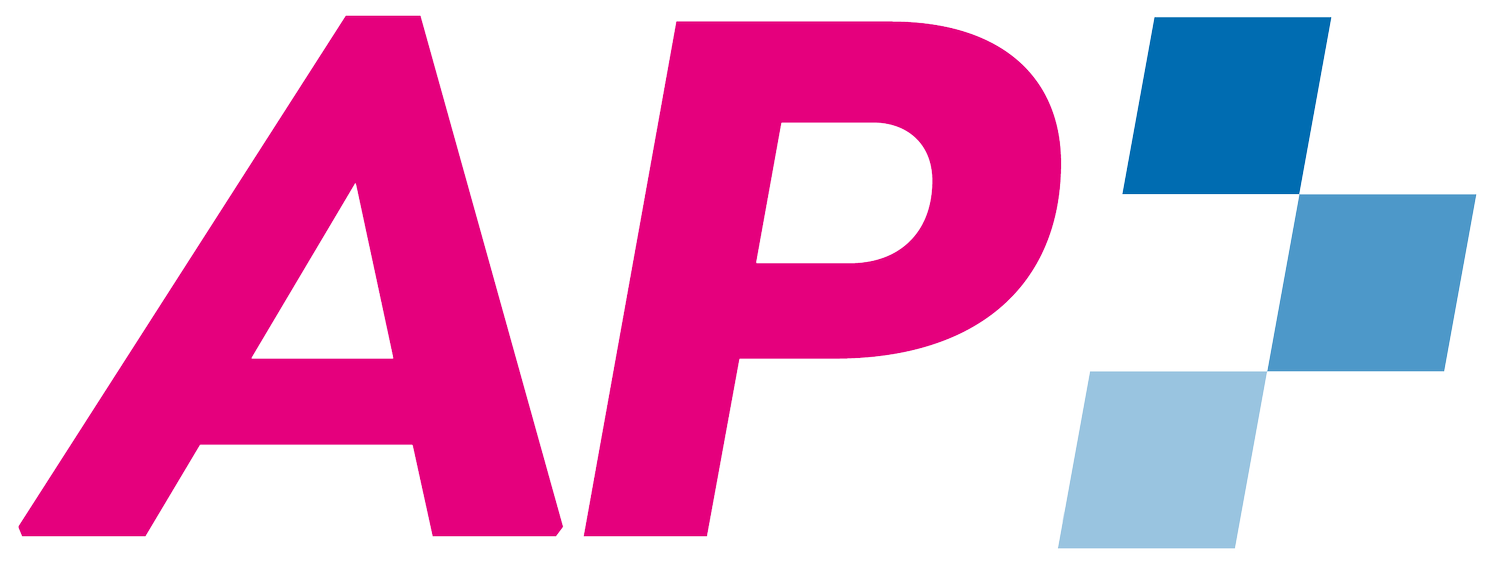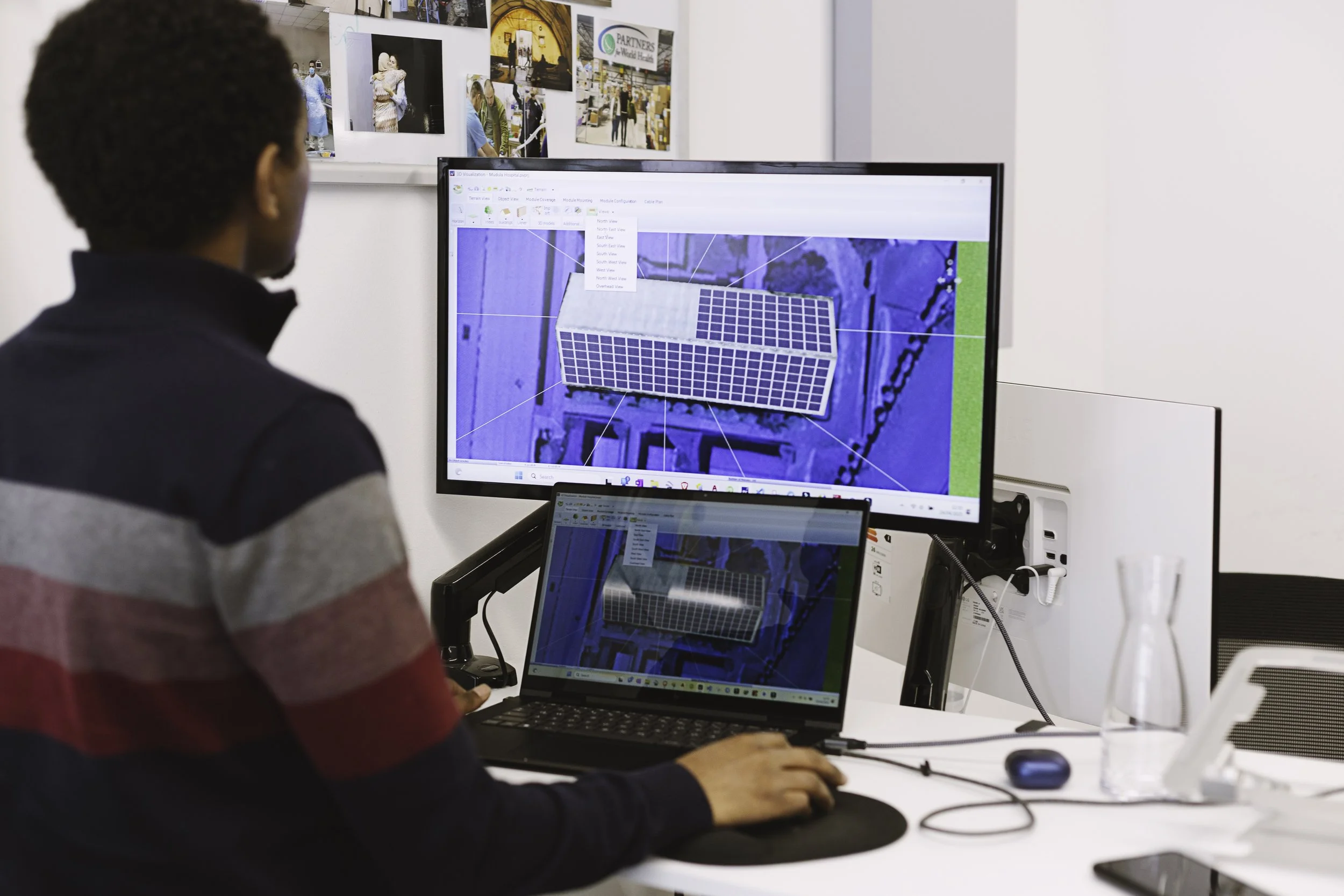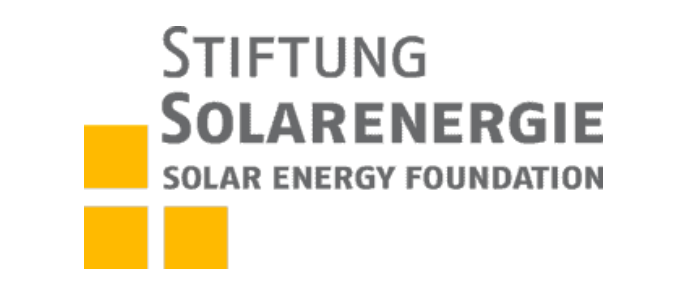
Transformative
solar installations
Aid Pioneers protects the human rights to health and education by installing solar systems for schools and hospitals located in parts of the world without reliable power grids.
Across the Middle East and Africa, the same fuel that powers hospitals and schools is slowly strangling them.
At Ayder Hospital in Mekelle, Ethiopia, diesel costs devour the equivalent of 7,000 yearly staff wages, funds that could stock medicine cabinets for months or hire desperately needed nurses.
Instead, this money literally goes up in smoke, contaminating the air while draining resources that could save lives.
The contradiction is that these regions receive some of the world's most reliable sunshine, making solar energy effectively free once installed. Unlike grid-dependent solutions, solar systems offer perfect independence for remote communities - no transmission lines, no utility bills, just reliable power harvested from an inexhaustible source. Additionally, the technology has become increasingly accessible as prices plummet year after year.
Yet structural barriers trap communities in expensive diesel dependency. Our partners across different countries describe the same maddening contradiction: they can see the solution clearly, but systemic obstacles keep it just out of reach.
Solar panels can work anywhere
— so why aren’t they?
-
In much of Sub-Saharan Africa and the Middle East, diesel generators remain the default. Not because they're ideal, but because they're familiar and can be used off-grid.
Diesel is what's available, what local technicians know how to fix and what institutions have budgeted for. It's seen as predictable, even as its costs spiral and supply chains falter.
At Ayder Hospital in Mekelle, Ethiopia, diesel expenses alone consume the equivalent of 7,000 annual staff salaries. A staggering drain on a system meant to save lives. And while solar would offer long-term savings, the transition requires an upfront investment they simply can't make.
This isn't just a budget issue, it's a systemic one. Breaking free from diesel means breaking out of a cycle where every month's fuel bill pushes long-term solutions further out of reach.
-
Solar systems, especially those with battery storage for round-the-clock electricity, require significant upfront capital. But the institutions that need them most are often the least equipped to invest.
Public hospitals often can't take out loans independently and private facilities may lack credit histories or collateral, even if they could repay over time.
Traditional loan terms are mismatched: short repayment windows, high interest, and foreign currencies make for risky bets both for borrowers and lenders alike.
And because hospitals don't generate profit from electricity usage, there's rarely a business case that fits conventional financing models.
The result of this is that a promising solution is stalled, simply because the math doesn't work in current systems. -
Solar components (panels, inverters, batteries) are almost all imported, often from China or Europe. Import taxes, customs delays, and unreliable logistics raise costs dramatically. Many countries operate in closed or semi-controlled economies where imports are heavily regulated, public procurement is slow, and infrastructure upgrades are tied to bureaucratic or political hurdles. All of this creates a steep entry barrier for reliable solar deployment.
-
In much of Sub-Saharan Africa, the solar market is fragmented and volatile. Installers face irregular demand, so they often charge higher prices to hedge against financial risk.
Labor shortages: While general labor may be affordable, trained solar engineers and technicians are in short supply—especially outside urban centers.
Costly rural deployment: In remote areas, travel, transport, and logistics add further costs. These factors combine to make solar installations significantly more expensive and less accessible where they are most needed.
New X-ray machine at Mudula Primary Hospital sits unused due to lack of electricity
Energy access is more than simply turning on the lights. When communities get reliable electricity, doors open to better healthcare, education, economic opportunities and countless other improvements that ripple through generations.
Real, lasting change starts with something as fundamental as having the power to power up.
Why it matters
666M
people globally live without access to electricity (Source)
60%
of the world’s best solar resources are in Africa (Source)
85%
of the global population without electricity lives in Sub-Saharan Africa source (Source)
67%
of hospitals in Low- and middle income countries lack power to fuel basic operations (Source)-> Ask julian
90%
of children in Sub-Saharan Africa go to primary schools that lack electricity
50%
of vaccine supplies lost due to insufficient power supply for refrigeration
Source: Julian
2.9B
people do not have access to internet worldwide (Source)
70%
of medical devices are failing in Sub-Saharan Africa mainly due to unreliable electricity(Source)
Source: Julian
The solar supply chain of solidarity
We install panels, but it’s system change that is needed to make palpable change for people.
That is why we have created a procurement pipeline of impact, that brings together XX abd aims to address the structural barriers keeping sustainable and clean energy from communities in need - and doing it in the most effective and efficient way.
01
Needs assessment
and technical design
Every solar system we build starts with a data-driven needs assessment.
Our in-house engineers analyze site conditions, from energy load profiles and roof angles to weather patterns and existing infrastructure, to design tailored solutions that deliver real impact.
Girmay Berhe, Head of Solar Engineering, designing the system for Mudula Hospital in Ethiopia
02
System sourcing
and shipping
We get the best systems to the most remote places — at a fraction of the cost.
Thanks to a robust network of 23+ corporate partners, we access top-tier components directly from manufacturers, unlocking “NGO-pricing” unavailable to local providers.
We leverage a global network of 23+ corporate partners corporate partners to source high-quality components at reduced rates and handle logistics end-to-end, from warehouse to installation site.
HIGHLIGHT COST REDUCTION
03
We offer co-financed installations via grants and interest-free loans, customized to each partner’s financial capacity. Loan repayments are lower than previous diesel costs - and help fund future projects.
Project Financing
04
Every system we install includes real-time data tracking and comprehensive impact reports, giving donors and partners full transparency into energy usage, cost savings, and environmental impact.
Impact monitoring
What it looks like in practice
Watch this explainer video to see how tour supply chain works in practice
Across the globe
We have successfully installed solar panels in Uganda, Ethiopia, and Lebanon, allowing schools and hospitals to stay open and improve the quality of their services.
From watts to wins
Since the establishment of our solar projects in 2022, we achieved:
19
Global projects secured
650+
kWp Solar PV capacity secured
50,000
more students enabled
360,000
patient treatments enabled
2M €
Projected energy cost savings
5,000t+
Projected avoided CO2 emissions1
Partners powered by the sun
Explore some of the ways clean energy is transforming services on the ground.
Lebanon
A one-of-a-kind school for Syrian refugees
Ethiopia
Mudula’s lifeline for over 600,000 people

Powered by people.
Multiplied by partners.
Change like this does not happen alone: Our local partners bring deep understanding of their communities, design meaningful solutions, and stay long after the panels are installed. Our private sector allies contribute technical expertise, robust supply chains, and cost reductions that make it all feasible. By combining forces, we are able to build what no one could do alone: a model for clean, just, and locally anchored energy access.
"This solar installation is more than just a project — it’s a lifeline for our clinics and the communities we serve. By providing clean, reliable energy, it frees us from the constant burden of fuel costs and power outages. Every dollar saved means more lives we can touch, more patients we can heal, and more hope we can offer. This is a testament to the power of coming together to create lasting change.”
— Mohammad Meibar, Program Manager, MAPs
"Like many rural hospitals in Ethiopia, Mudula Hospital has long struggled with power outages, putting patients at risk. Thanks to our partnership with Aid Pioneers, this will soon change. With reliable solar power, the hospital can provide uninterrupted, life-saving care to the community. Aid Pioneers brings invaluable technical expertise and a relentless commitment to cost-effective, high-impact solutions. Together, we are working to ensure that every patient receives the care they deserve, whenever they need it."
— Susan Daly, Director Of Finance And Operations, WEEMA
Interested in securing health and education for vulnerable communities?
If you would like an in-depth introduction to our financing options and discover ways to invest in our solar projects, we are more than happy to give you a demonstration.
From watts to wins
Since the establishment of our solar projects in 2022, we achieved:
19
Global projects secured
650+
kWp Solar PV capacity secured
50,000
more students enabled
360,000
patient treatments enabled
2M €
Projected energy cost savings
5,000t+
Projected avoided CO2 emissions1
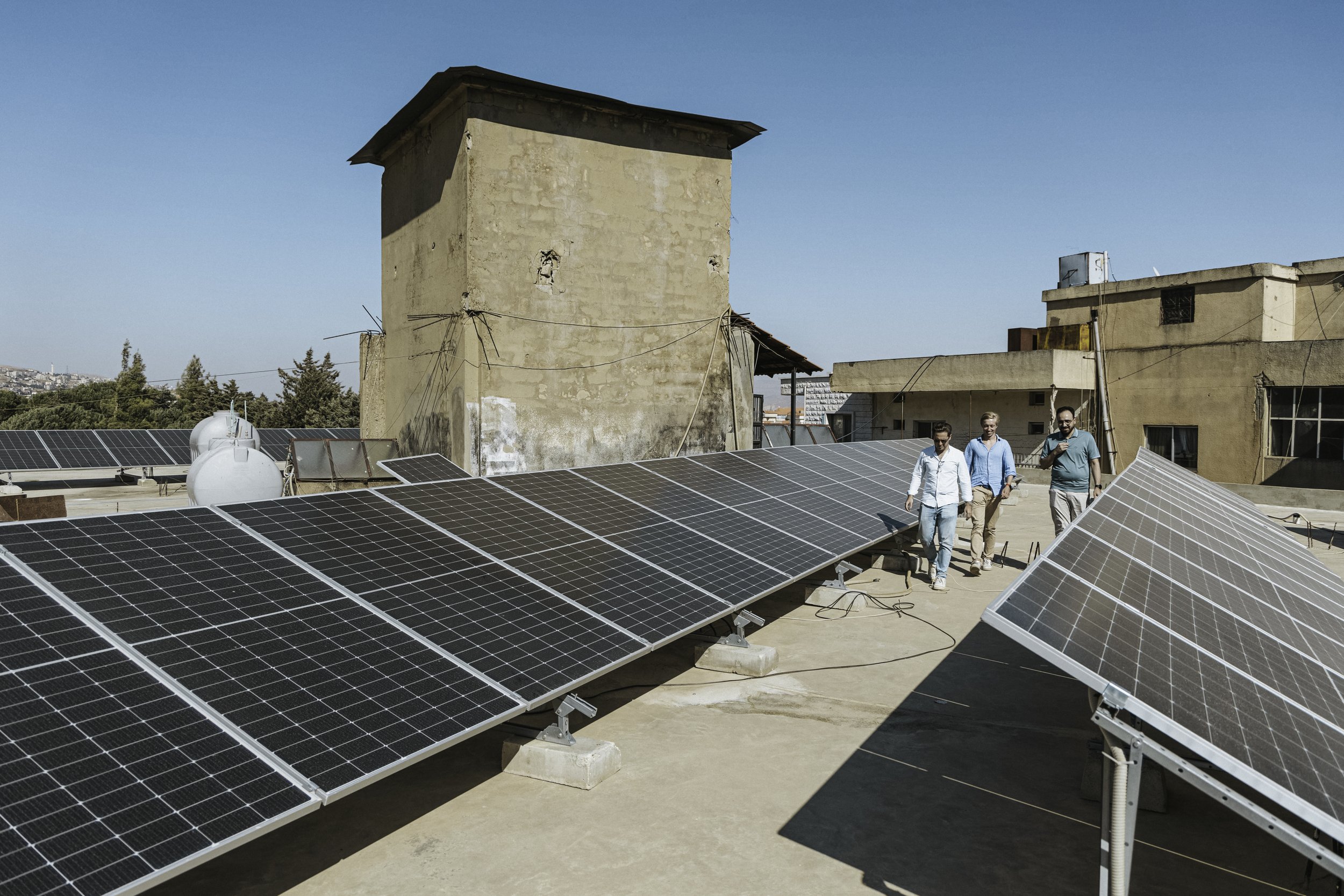
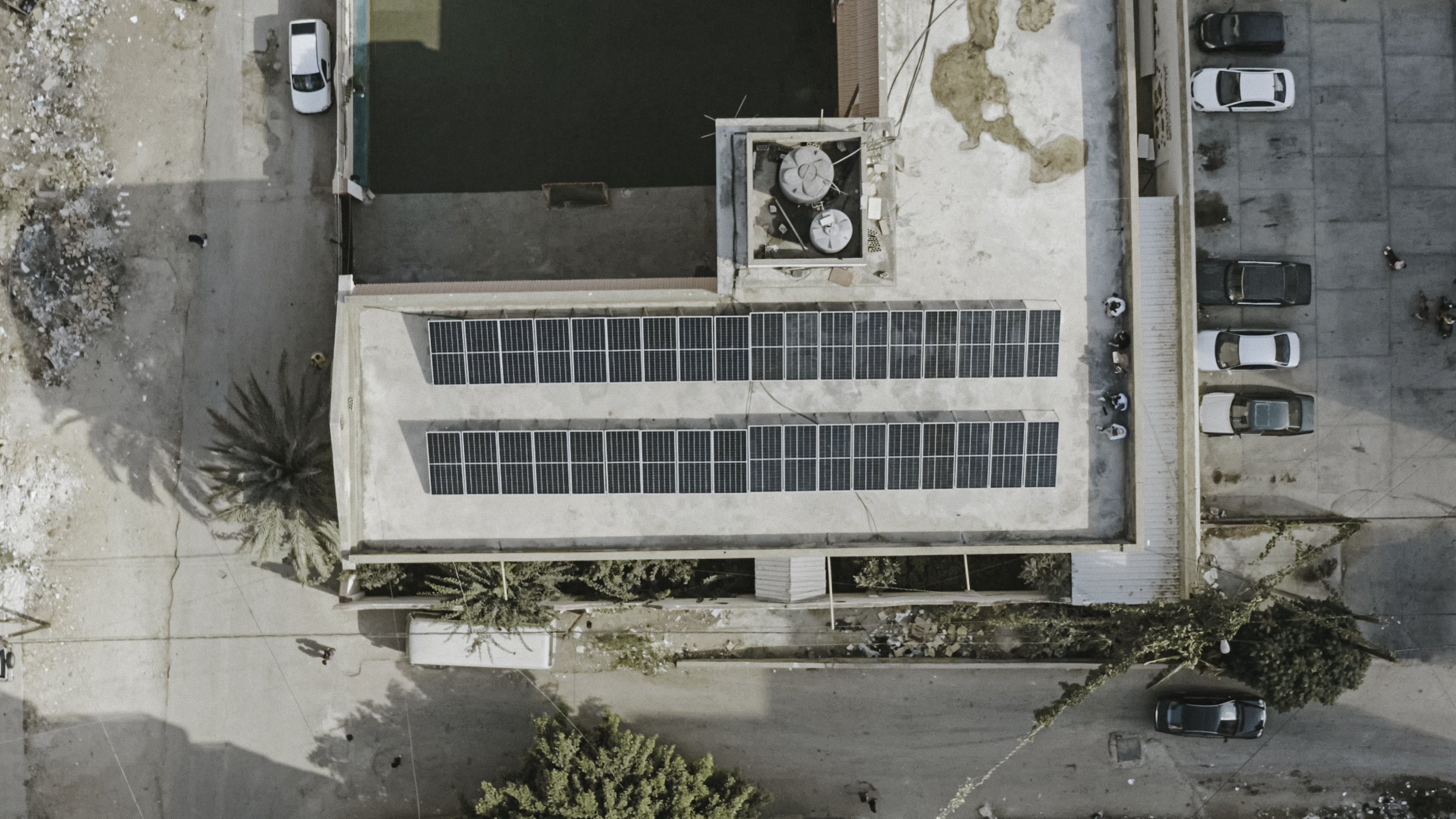
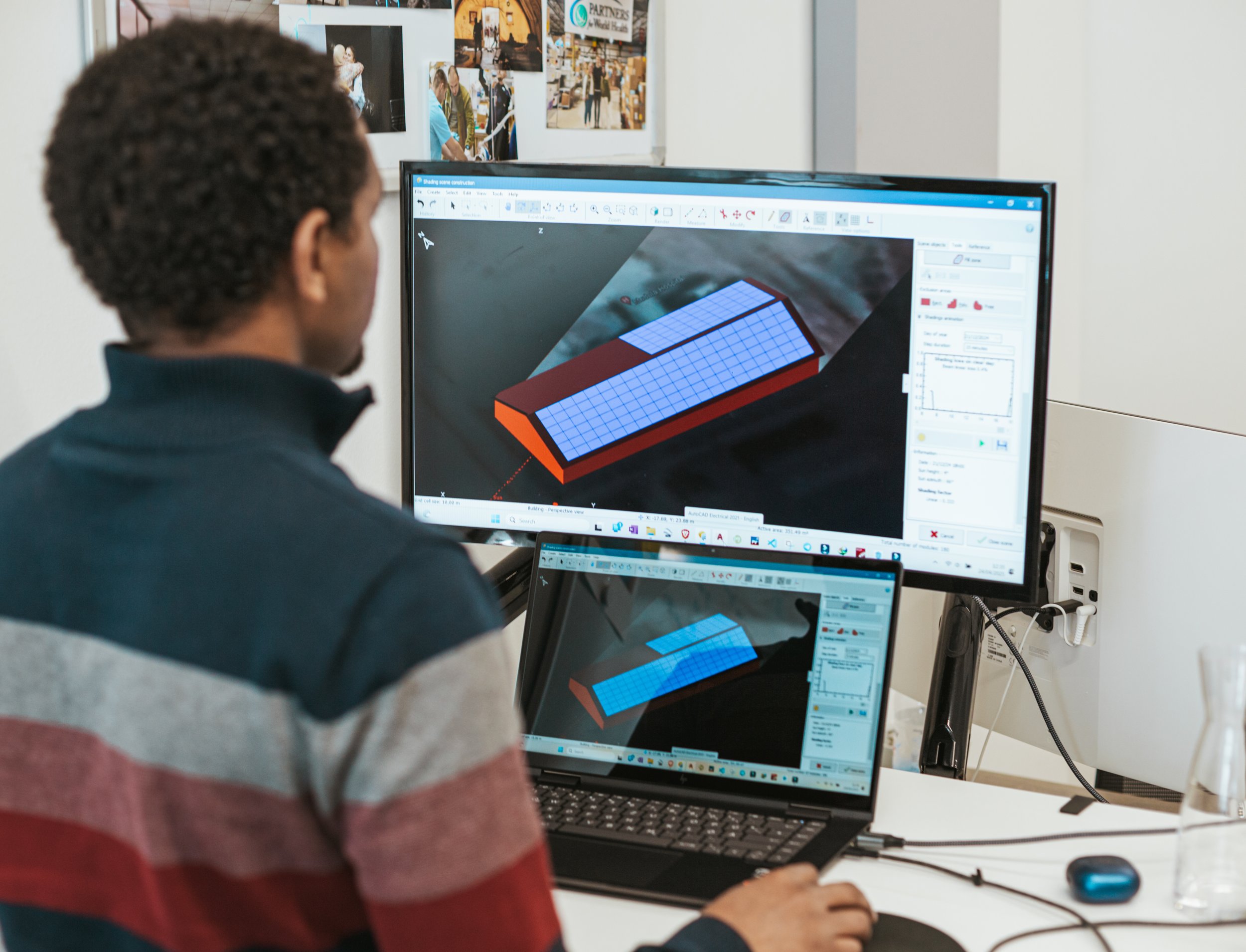
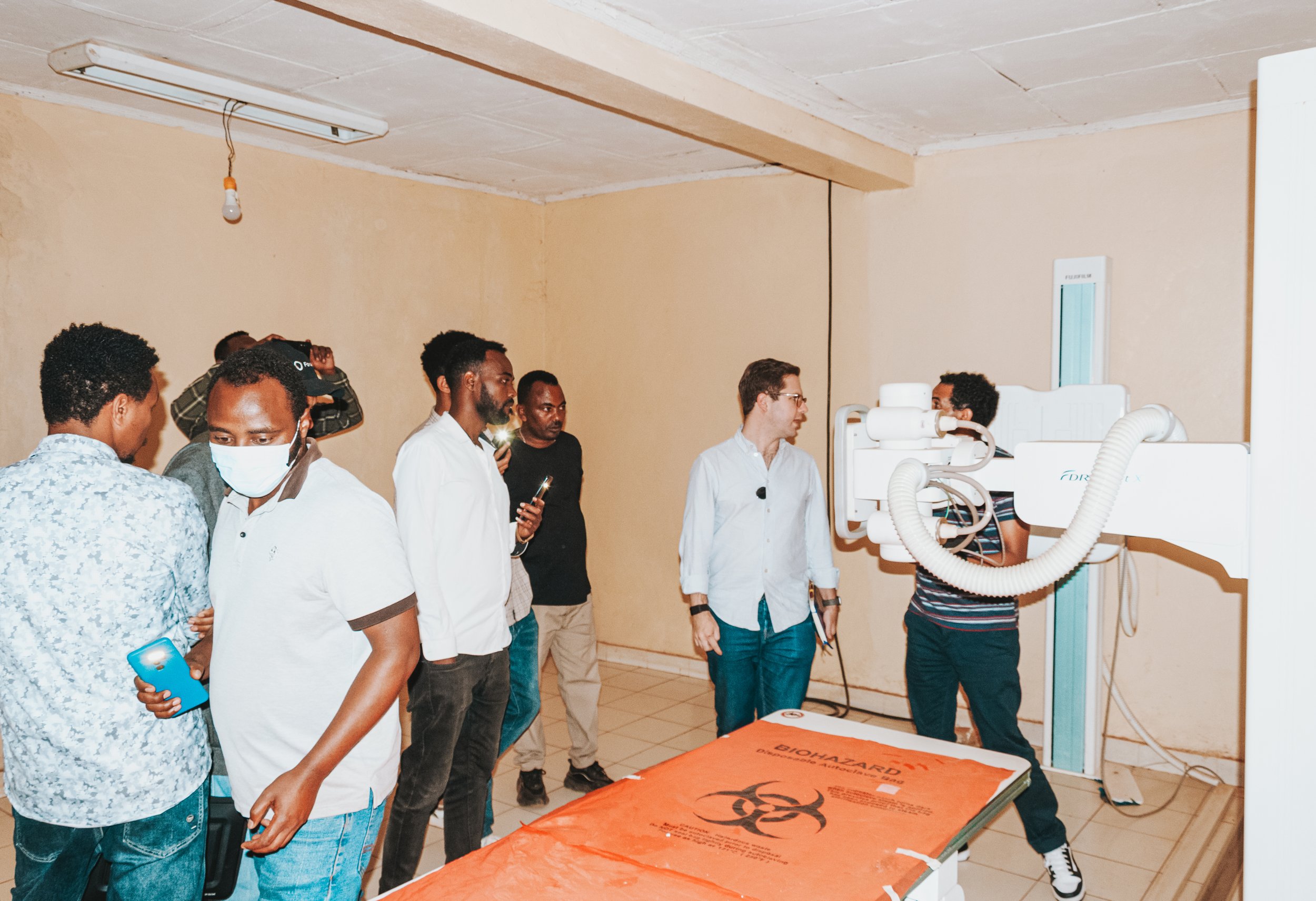
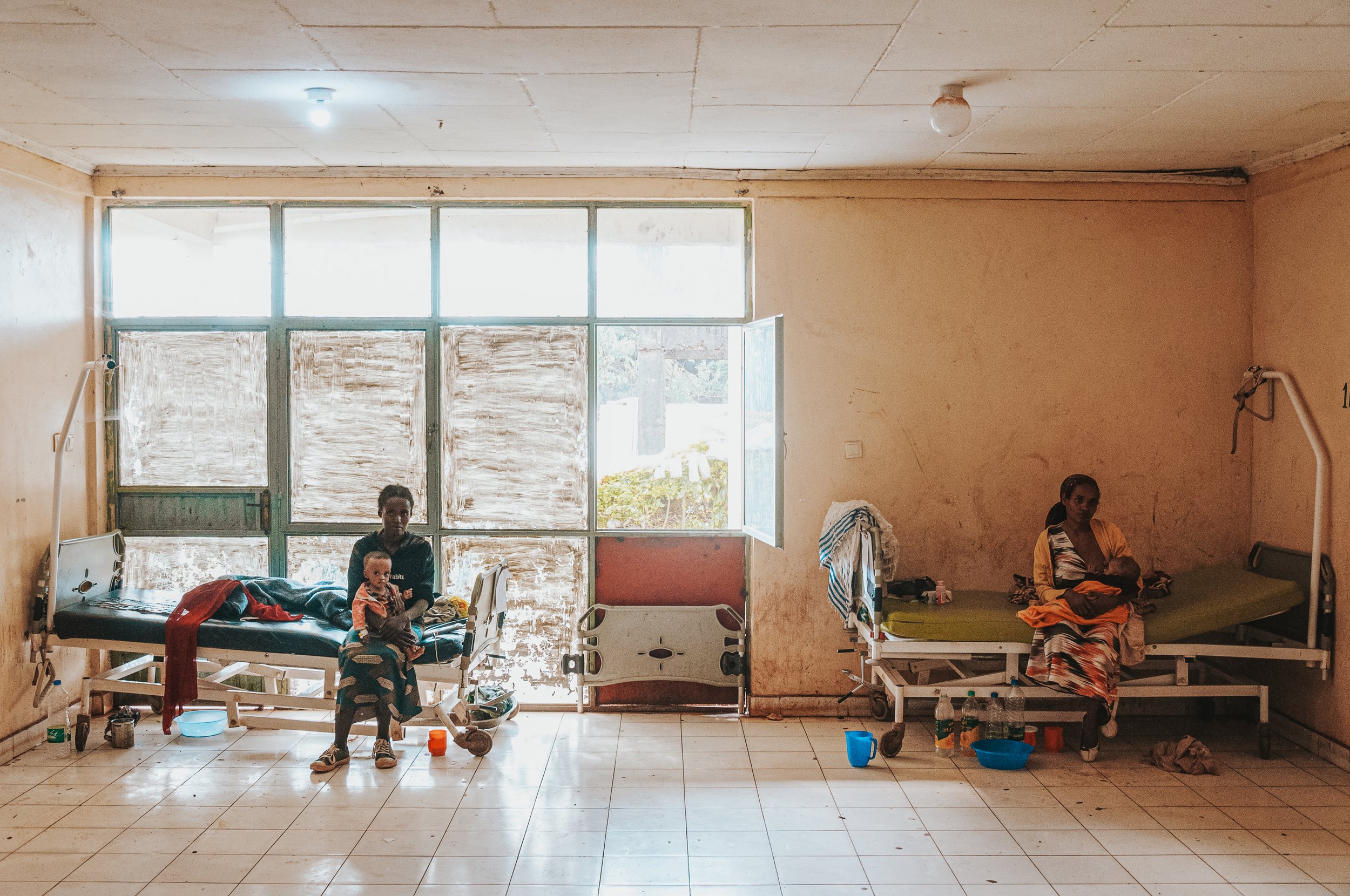
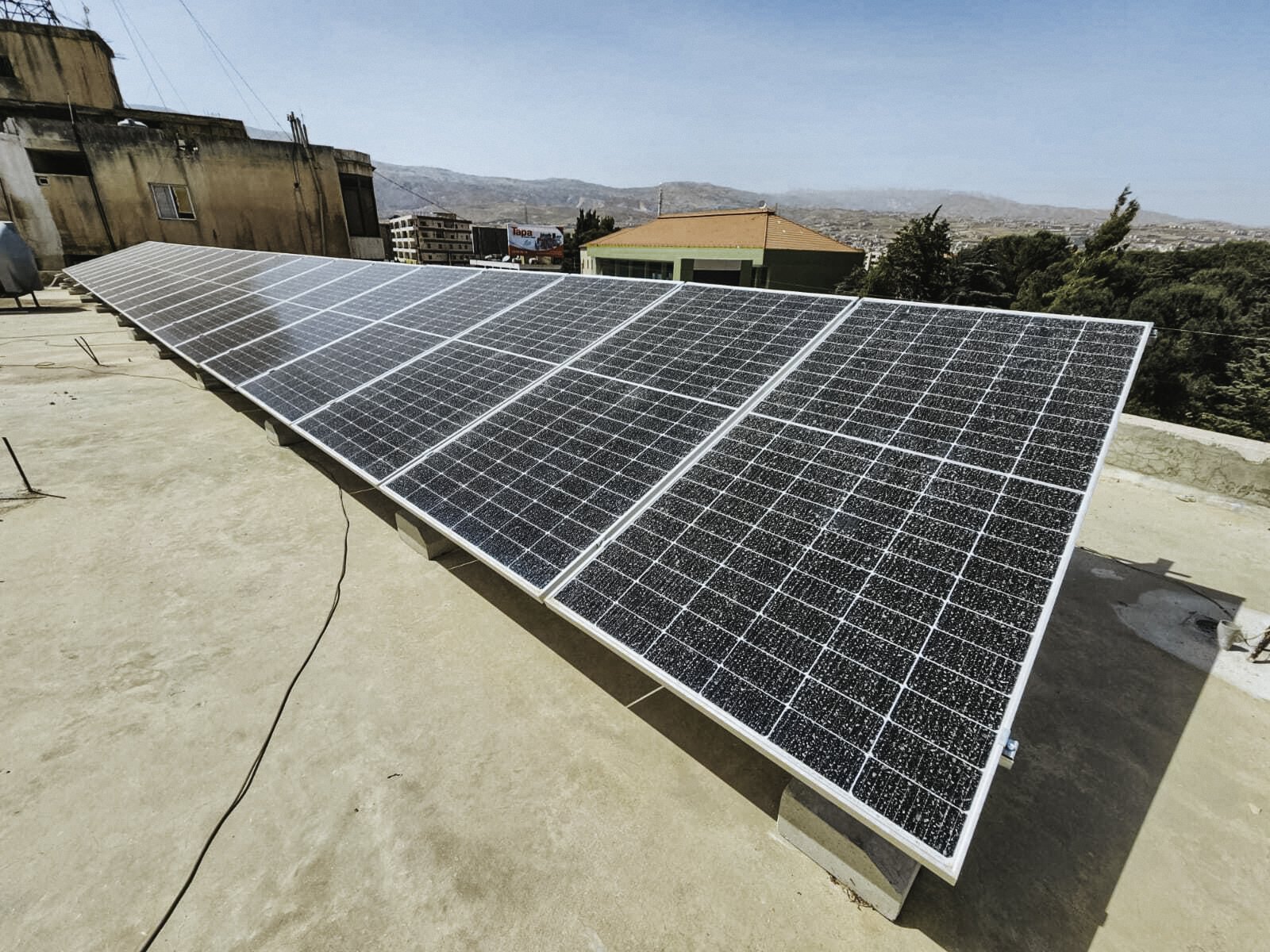
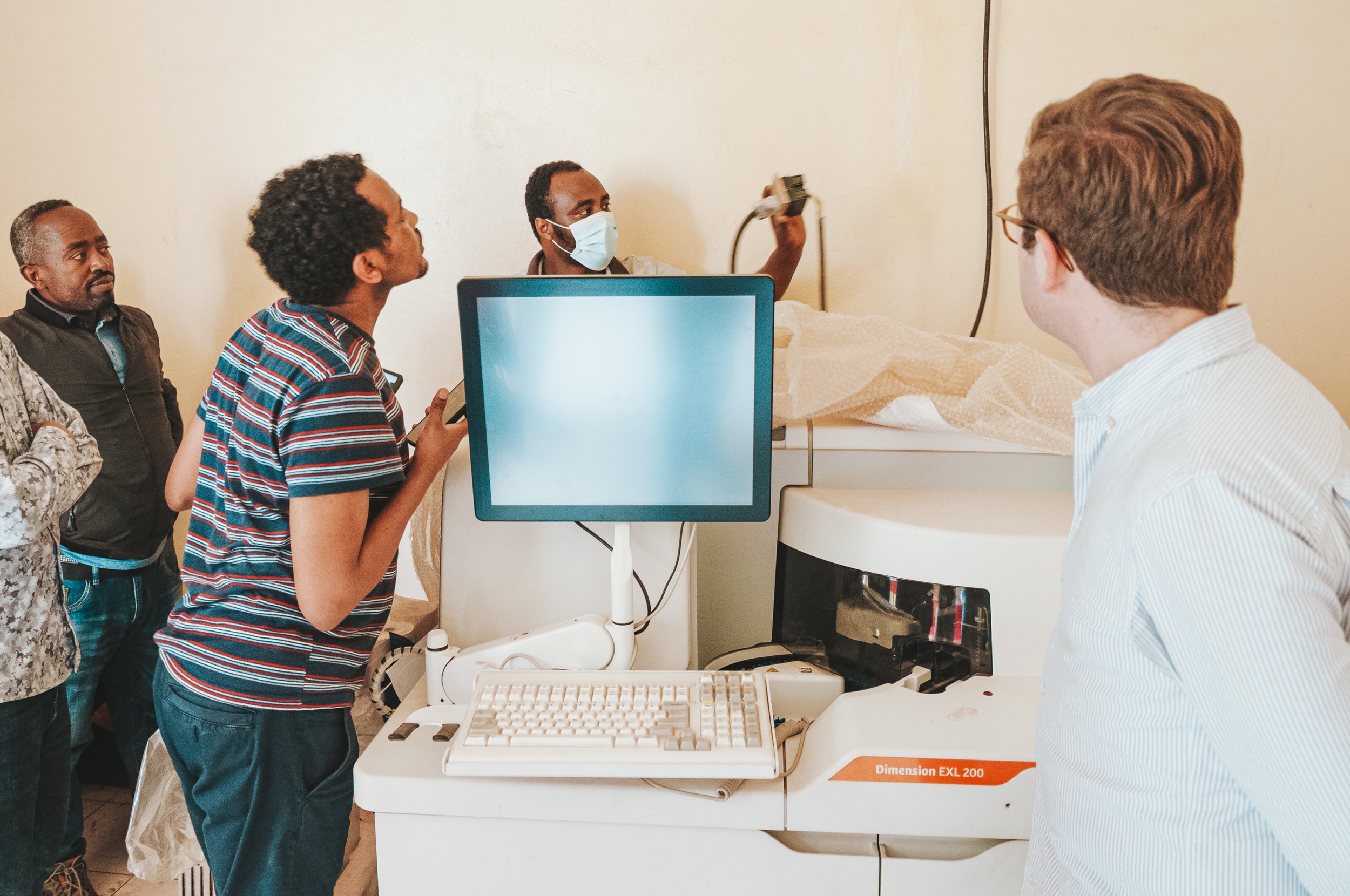
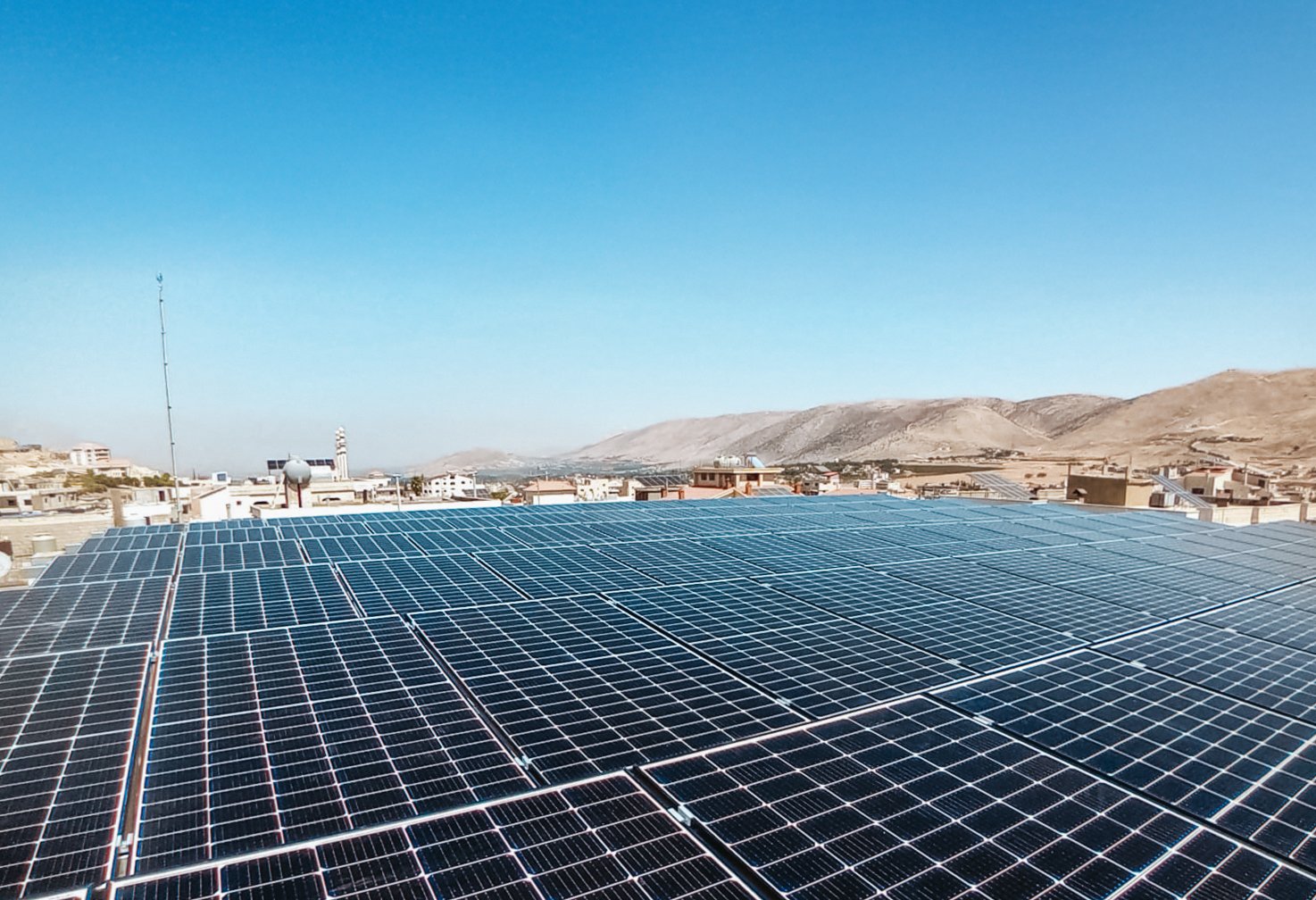
Powered by people.
Multiplied by partners.
Change like this does not happen alone: Our local partners bring deep understanding of their communities, design meaningful solutions, and stay long after the panels are installed.
Our private sector allies contribute technical expertise, robust supply chains, and cost reductions that make it all feasible.
By combining forces, we are able to build what no one could do alone: a model for clean, just, and locally anchored energy access.
Founded in 2011, WEEMA International partners with rural communities in southwestern Ethiopia to provide access to clean water, quality education, healthcare, and economic opportunities. Their holistic approach focuses on community-led development to ensure sustainable and impactful change.
Solarspar is a Swiss cooperative focused on promoting solar energy through the installation of photovoltaic systems and the advocacy of renewable energy policies. They engage in community projects and offer memberships to individuals interested in supporting sustainable energy solutions.
Enpal is a German company specializing in providing solar energy solutions for homeowners. They offer solar panel systems through flexible rental and purchase options, including additional services like energy storage and electric vehicle charging stations. Enpal's mission is to make renewable energy accessible and affordable for everyone.
FoxESS is a global leader in the development of inverter and energy storage solutions. Their products are designed to deliver the most advanced features to empower energy independence for homeowners and businesses alike. FoxESS combines cutting-edge technology with user-friendly interfaces to optimize energy usage and storage.
The Solar Energy Foundation is a nonprofit organization dedicated to promoting the use of solar energy in developing countries. They focus on providing reliable and sustainable energy solutions to rural and marginalized communities, aiming to improve living conditions and support economic development.
EuroTech is a German-based company with more than 25 years of experience. They specialise in the development, production and distribution of products for the modern construction sector - one of these being solar installations.
Women's Hope International is a Swiss-based organization committed to ensuring that women and girls can lead self-determined and healthy lives. They work with partner organizations in countries like Afghanistan, Ethiopia, Bangladesh, and Chad to improve health services around pregnancy and birth, empower women to claim their rights, and combat gender-based violence.
C&D Emerging Energy Co., Ltd., a subsidiary of the Fortune Global 500 company Xiamen C&D Inc., specializes in global supply chain operations for the photovoltaic (PV) and lithium energy sectors. They offer comprehensive services including overseas procurement, supply chain finance, and investment in solar power stations.
The solar supply chain of solidarity
We deliver solar energy systems that are reliable, affordable, and precisely matched to local needs. By combining technical expertise, a powerful procurement network, and local partnerships, we create lasting impact where it's needed most. Our systems are designed by in-house engineers, sourced through industrial partners at discounted rates, and installed with local teams to ensure long-term sustainability.
Our financing model blends donations with interest-free loans, tailored to the partner’s capacity — enabling community-based organizations to transition away from diesel without financial strain. Each repayment fuels a revolving fund that powers the next installation, maximizing every donor’s contribution.
We prioritize data, accountability, and alignment. Every system is monitored in real time and matched to specific local needs, from energy demand to roof capacity. Our partners receive clear, actionable impact data, while donors gain full transparency into how their contributions create tangible, ongoing results.
This is solar done right — cost-efficient, expert-led, and community-rooted
Technical design
Each solar system is custom-built by our in-house PV engineering team, in consultation with suppliers and partner communities, to ensure a tailored solution that fits local needs. We also ensure that all of our partner communities are equipped to ensure each system is maintained long-term.
Project financing
We offer co-financed installations via grants and interest-free loans, customized to each partner’s financial capacity. Loan repayments are lower than previous diesel costs — and help fund future projects.
System sourcing and shipping
We leverage a global network of corporate partners to source high-quality components at reduced rates and handle logistics end-to-end — from warehouse to installation site.
Impact monitoring
Every system we install includes real-time data tracking and comprehensive impact reports — giving donors and partners full transparency into energy usage, cost savings, and environmental impact.

